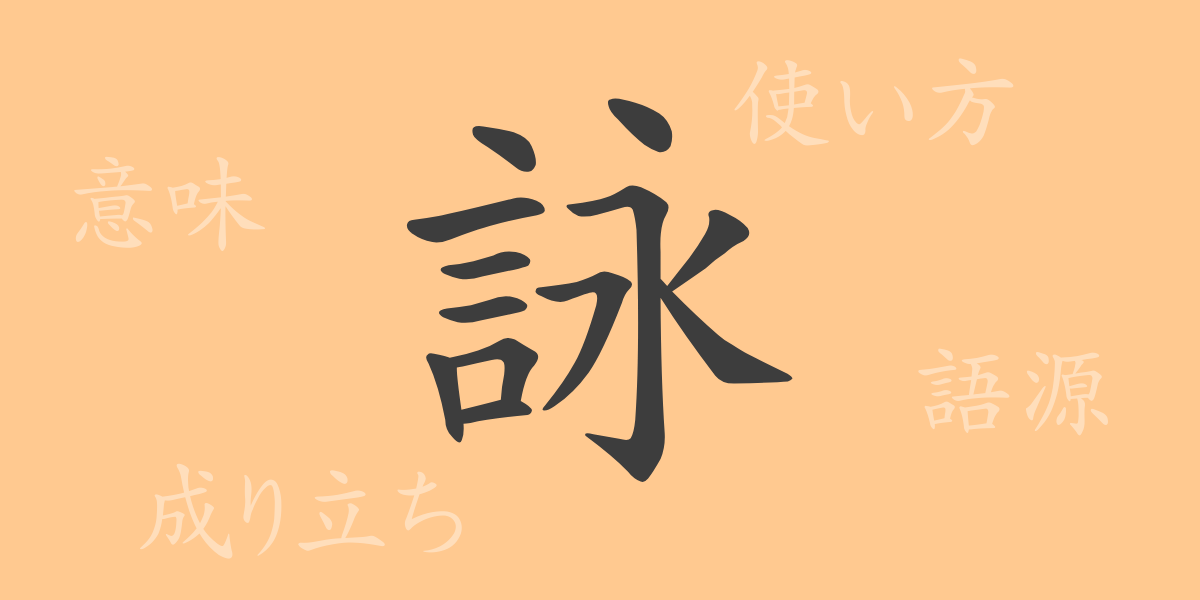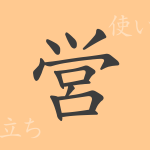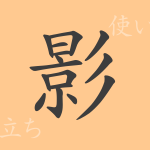“
One of the symbols of the beauty of the Japanese language is kanji. Among them, “”詠”” (Ei) is an emotionally rich kanji derived from the meaning of reciting poetry or songs. In this article, we will focus on the common kanji “”詠,”” delving deep into its origin, meaning, usage, reading, and compound words. Let’s explore the depth of the Japanese language together while feeling the history and culture embedded in each kanji.
The Origin of 詠 (Ei)
The kanji “”詠”” has long been used as a word meaning to recite poetry. This kanji consists of “”言”” (Gon), representing words spoken from the mouth, and “”永”” (Ei), symbolizing the flow of sound. It expresses the act of creating poetry or songs, where words flow like a stream. The Chinese culture, which emphasized rhythm and tone when reciting poetry, greatly influenced the formation of this kanji.
The Meaning and Usage of 詠 (Ei)
The main meaning of “”詠”” is to compose or recite poetry or songs. This kanji is also used when expressing something with literary expressions or emotions. For example, the word “”詠嘆”” (Eitan) represents the act of sighing in admiration while reciting beautiful things or moving events. Although not commonly used in daily conversation, it can be seen in specialized contexts related to poetry composition or songs.
Reading, Stroke Count, and Radical of 詠 (Ei)
The reading and basic information of the kanji “”詠”” are as follows:
- Reading: The on’yomi reading is “”エイ”” (Ei), and the kun’yomi reading is “”よむ”” (Yomu).
- Stroke Count: 12 strokes in total
- Radical: 言 (Kotoba-hen)
Compound Words, Idioms, and Proverbs Using 詠 (Ei) and Their Meanings
Compound words, idioms, and proverbs containing “”詠”” are often used in expressions that convey literary beauty or deep impressions. Some representative words include:
- 詠春 (Eishun): Reciting the beauty of spring in poetry.
- 詠歌 (Eika): Reciting songs or the songs themselves.
- 詠草 (Eisou): Adding poetry to letters or writings.
- 自画自賛 (Jigajisan): Praising oneself, derived from the act of reciting and praising one’s own paintings.
These compound words and idioms are used to express emotions and aesthetic sense in Japanese culture and language.
Conclusion on 詠 (Ei)
The kanji “”詠”” is a character with a deep meaning derived from reciting poetry or songs. From its origin, it has been used to convey beautiful expressions and emotions when reciting poetry. In the Japanese language, the use of “”詠”” is often limited to specialized situations related to literature or songs, but its existence symbolizes the aesthetic sense of Japanese culture. Through this kanji, one can feel the culture and history behind the words.
“

























